Thinking about the Green Southwark column for Southwark News, I realised that academic habits die hard. I missed having the chance to provide references for some of my statements. So here is a bit more detail and some useful links…
Individual action
Some of the key personal changes are eating less meat and dairy, not using a private car, and flying less or not at all.
How can you know what is most effective in cutting your personal contribution to greenhouse gases? Here’s a graph showing potential annual savings…
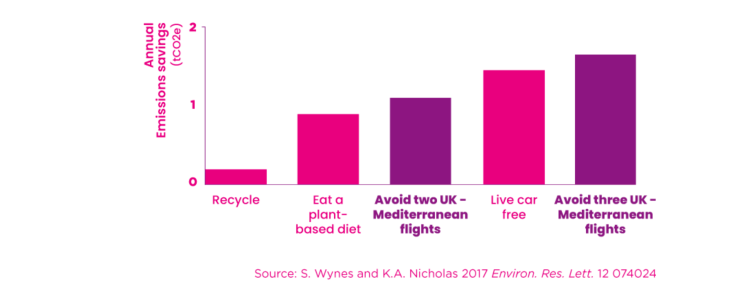
The organisation Possible (formerly called 10:10) has a good list of practical actions that will make a significant cut to your carbon bill.
One of the most powerful actions you can take in ten minutes is to switch to renewable energy sources like solar and wind power.
Here are some links to help you do that:
- Money Saving Expert says that you can still save hundreds of pounds a year while switching to a ‘green’ tariff.
- If you switch to Ecotricity using this link, the company will give £50 to the Green Party immediately and for every year you remain a customer.
What difference will those individual changes make? This graphic from goldstandard.org suggests how individual changes add up in tonnes of carbon.

In the UK in July, August and September, more electricity was generated from renewables than from coal and gas for the first time since the Industrial Revolution.
It’s true. Full details from Carbon Brief.
National action
While we can all sort out our own reusable coffee cups, we need governments and international organisations to make action plans for the climate emergency on a global scale.
Electing MPs who are committed to taking real action on climate change is essential. And the first step is to register to vote https://www.gov.uk/register-to-vote
If you’re already registered, help someone else to register.
If you think you might be away, or too busy to get to the polling station on Thursday 12 December, apply for a postal vote. You need to allow at least 11 working days for this, so do it now.
Local action
Housing and transport produce large shares of greenhouse gas emissions, and decisions made by the council affect my ability to ‘do the right thing’.
Keep an eye on your local council consultations. For example, at the moment, Southwark Council is consulting on a proposal to add protected cycle lanes to Borough Road in the north of the borough. The reasons for doing this are very clear:
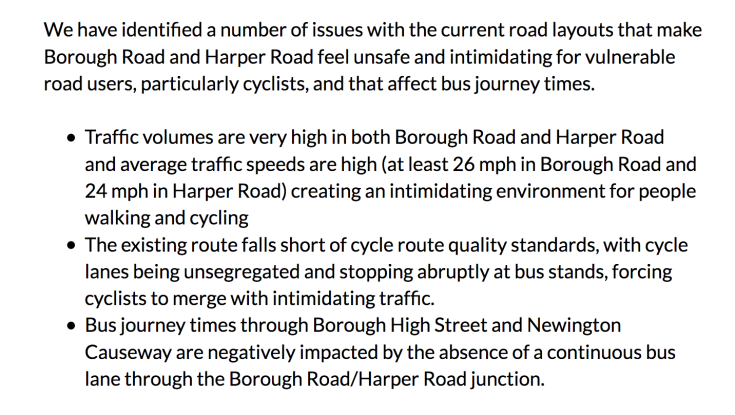
The council is aiming for ‘Healthy Streets’, based on the model developed by Lucy Saunders, a public health expert who has worked with the London Mayor and TfL.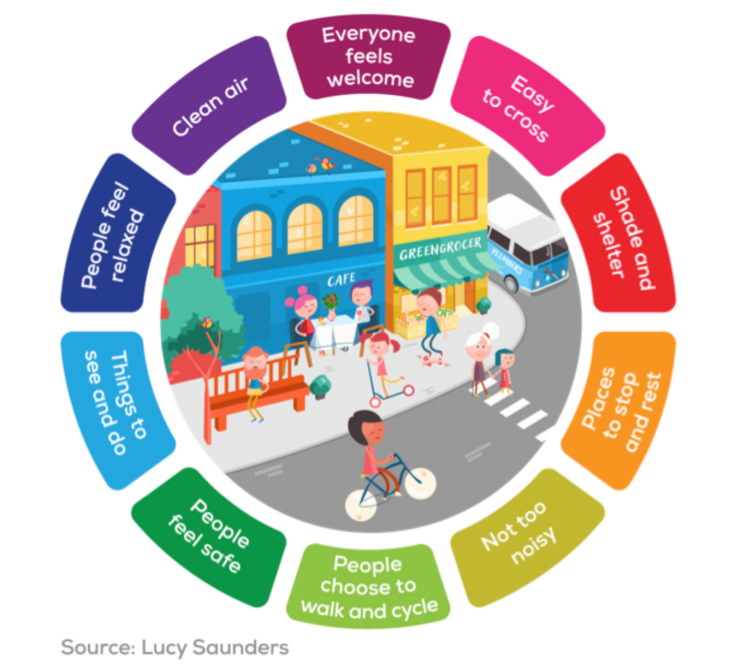
You can read more about the Healthy Streets Indicators here.
If you live, work or travel through Southwark, take a moment to support the changes by replying to the Borough Road consultation.
* Talk to your councillors and ask them to support initiatives like School Streets.
* Keep in touch with organisations like Southwark Cyclists, Stop Killing Cyclists and Living Streets to get involved in their campaigns for safer, more welcoming streets.
See you next month in Green Southwark!
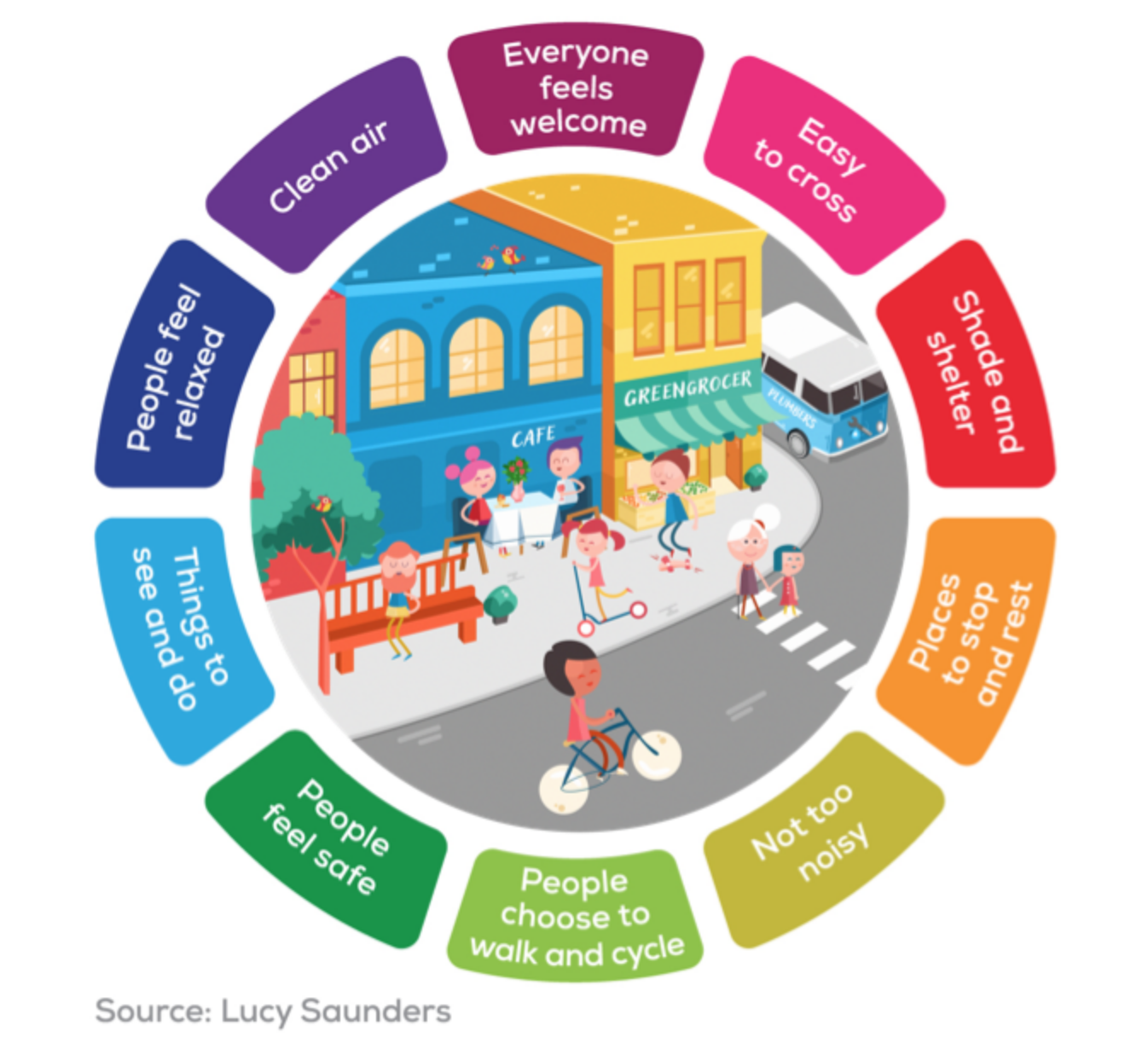
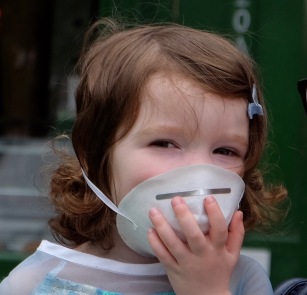
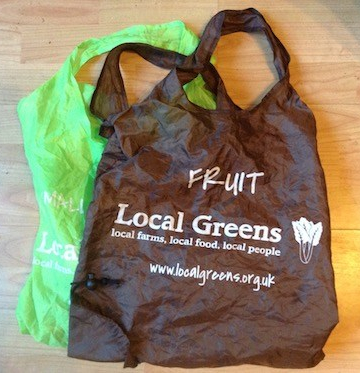
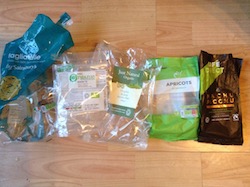

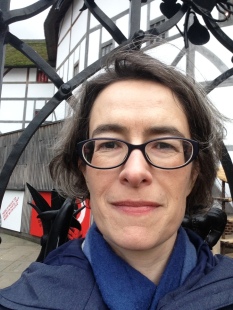
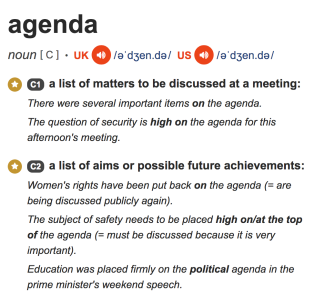
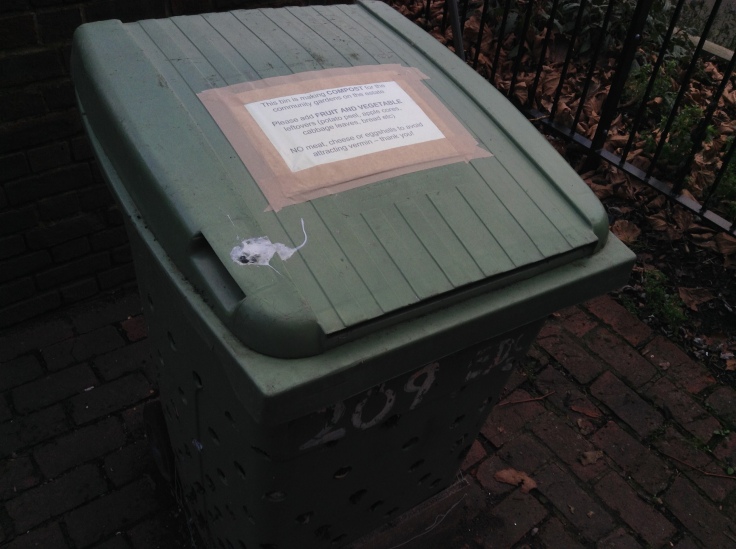
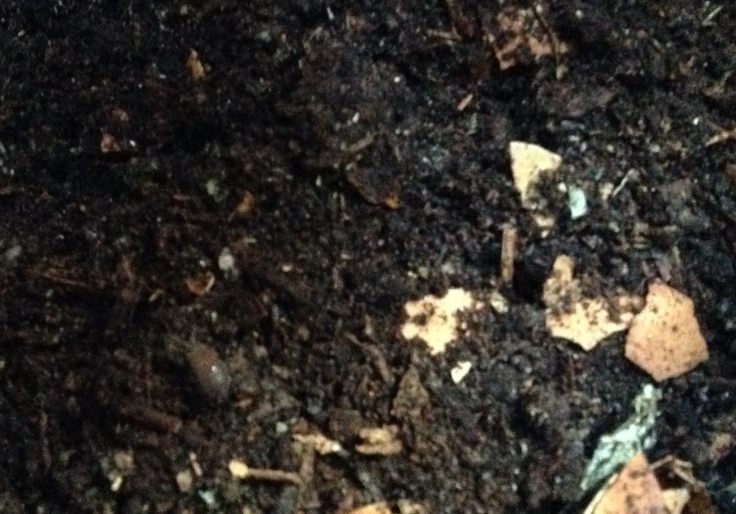

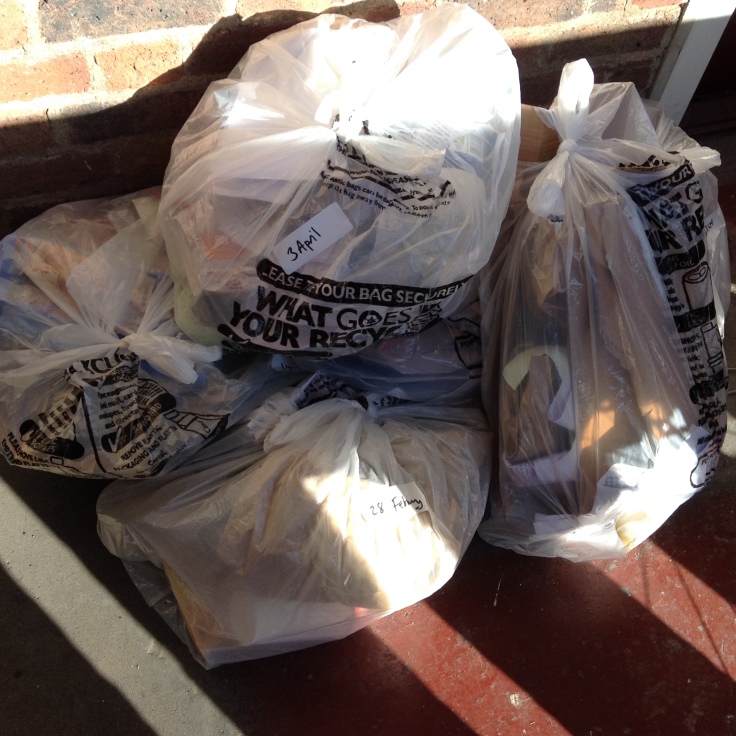



 I have joined the Pesticides Action Network (PAN UK) campaign for a
I have joined the Pesticides Action Network (PAN UK) campaign for a 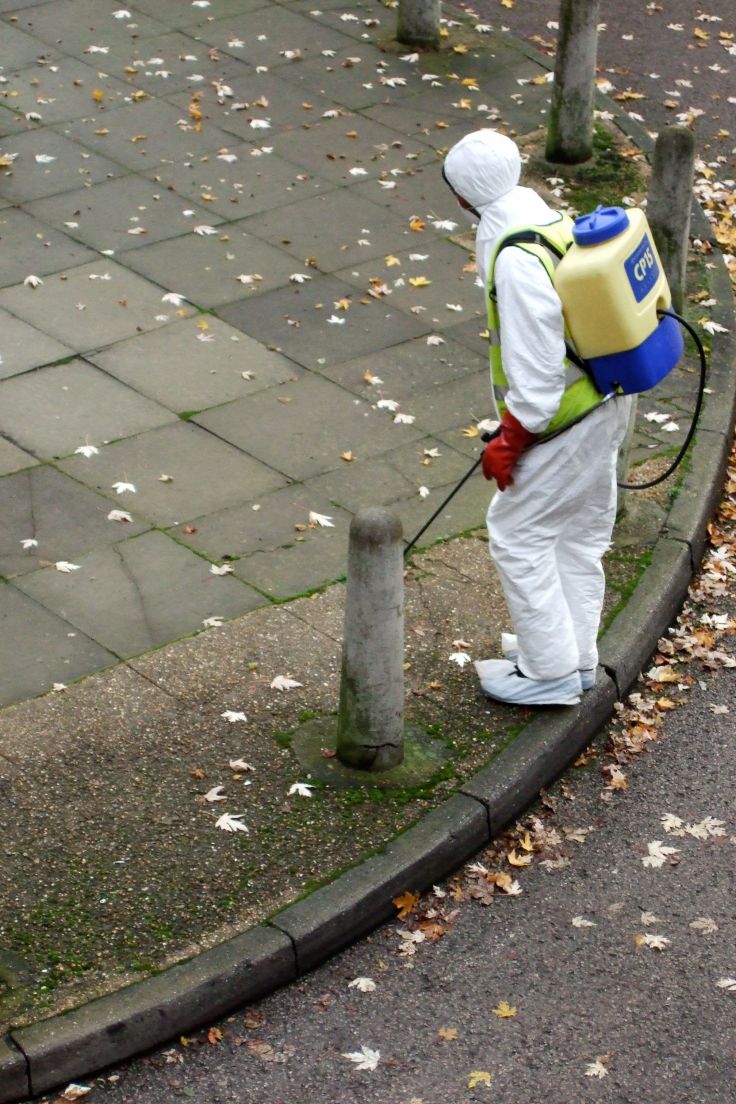
Recent Comments